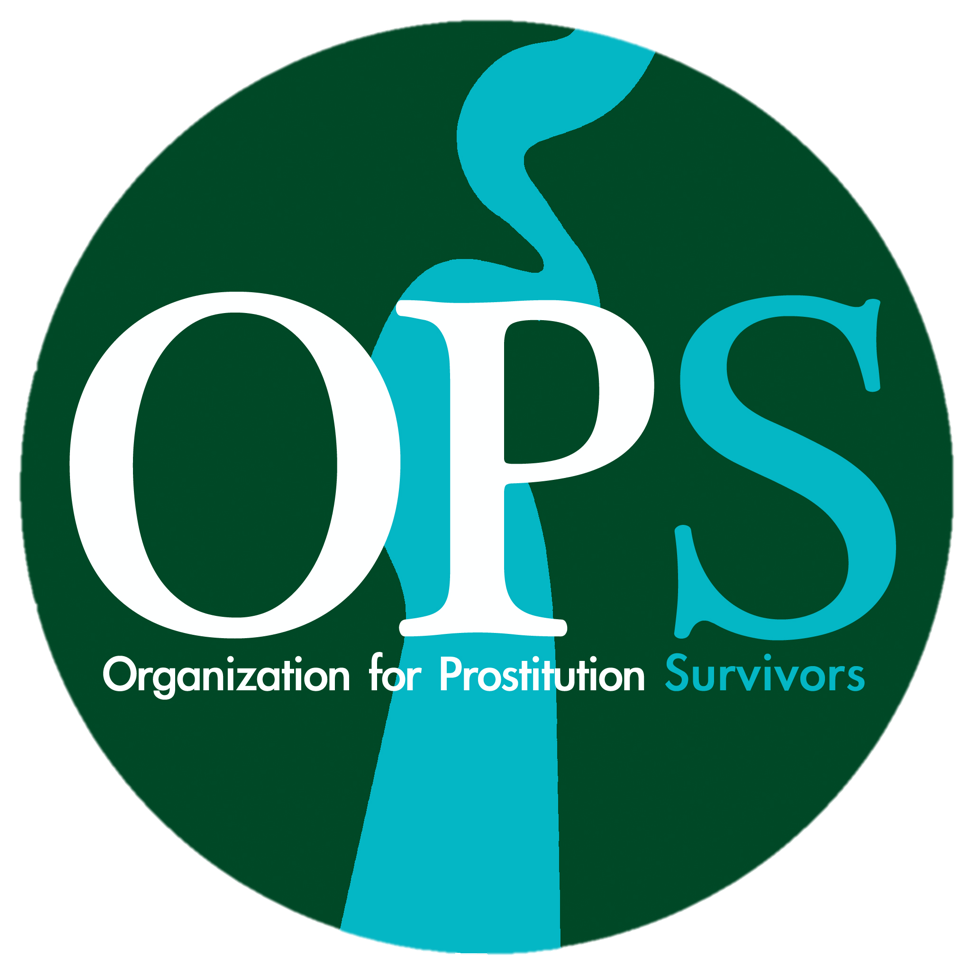Recognizing the Signs of Manipulation and Taking Back Your Power
After a life of surviving commercial sexual exploitation (CSE) and trauma, it may feel like we're familiar with all the toxic signs of abuse. But what about the initial signs of manipulation, the ones that often go unnoticed until it's too late. Just like with abuse from exploitation and gaslighting, manipulation often starts with seemingly innocent behaviors that can have a deep and lasting impact.
What is Manipulation?
Manipulation is a harmful exercise of influence over others, attacking their mental and emotional well-being to fulfill the manipulator's desires. The manipulator seeks to create an imbalance of power and control, taking advantage of your vulnerabilities to get what they want.
It can happen in any type of relationship, but it's particularly common in close, intimate relationships. Manipulation involves attempting to sway someone's emotions, leading them to act or feel a certain way.
Signs of Manipulation
Manipulation can take on many forms, sometimes even masquerading as kindness, depending on the intent. Here are some common signs to look out for:
Knowing Your Weaknesses: Manipulators exploit your vulnerabilities.
Using Insecurities Against You: They leverage your insecurities to gain power over you.
Convincing You to Give Up Something Important: This makes you more dependent on them.
Location Advantage: Trying to bring you out of your comfort zone to gain control.
Manipulation of Facts: Lying, making excuses, or strategically sharing information to gain power over you.
Exaggeration and Generalization: Making vague accusations to manipulate your emotions.
Cruel Humor: Making you feel insecure to gain a sense of superiority.
Gaslighting: Confusing you and making you question your reality.
Passive Aggression: Expressing anger indirectly or through intentional mistakes.
Emotional and Social Bullying: Constant criticism, raised voices, threats, or deliberate exclusion.
Distortion: Twisting facts or withholding information.
Guilt and Sympathy: Playing the victim or leveraging past favors to evoke a sense of obligation.
Withdrawal: Punishing by ignoring.
Comparison: Comparing you to others to goad you or establish a sense of pressure.
Manipulation of Circumstance: Creating constraints or leading you into situations where they feel more powerful.
Love-Bombing: Showering praise and affection to bind you to them.
Constant Judging: Openly judging, ridiculing, or dismissing you.
Responding to Manipulation
Recognizing manipulation is a crucial step in taking back your power. It's important to understand that you're not at fault and that seeking help and support is essential. Here are some ways to address manipulation:
Communicate Clearly: Be direct in addressing manipulative behaviors.
Set Boundaries: Make it clear that you won't tolerate manipulation.
Seek Support: Reach out to a trusted individual who can provide objective advice.
If manipulation is coming from a loved one, seeking help can be incredibly challenging. However, prioritizing your own emotional well-being is crucial. Finding a safe way out of the situation is a key step toward reclaiming your agency and autonomy.
Recognizing manipulation can be a complex and emotional process, and it's essential to approach it with self-compassion and understanding. By identifying and addressing manipulative behaviors, survivors can begin to rebuild a sense of agency and control over their own lives. You deserve to be in relationships where your boundaries are respected and your well-being is prioritized.
At the Organization for Prostitution Survivors (OPS), we provide comprehensive support and resources to survivors, empowering individuals to recognize and respond to manipulation while fostering healing and recovery. Together, we can build a community that prioritizes autonomy, agency, and support for all survivors of exploitation and abuse. Remember, you are not alone, and you deserve to be surrounded by compassion, respect, and empowerment.

